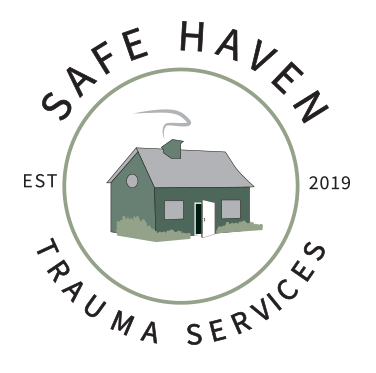EMDR
Eye Movement Desensitization and Reprocessing (EMDR) is a type of therapy that is helpful in reducing symptoms resulting from distressing life experiences. Often times individuals experience blocks in life due to past experiences, which prevent them from living a fulfilling life. EMDR helps to flush out those blocks, so that you can live free of those blocks. EMDR was initially designed to treat Posttraumatic Stress Disorder. Many studies have found this to be an effective treatment for PTSD. However, EMDR may be useful for individuals who do not meet diagnostic criteria for PTSD. EMDR can also be helpful with anxiety, depression, phobias, developmental trauma, attachment or relationship issues, etc.
Resourcing is the initial part of EMDR that focuses on building a client's internal and external strengths and supports. Some clinicians believe that the resourcing part of EMDR is as important, if not more important than the reprocessing of trauma. Once your strengths and resources have been increased, many people have an easier time processing through distressing or traumatic material. You can find more information about EMDR here.
Some of our practitioners are also trained in Attachment-Focused EMDR. Attachment-Focused EMDR is especially helpful for those who have experienced wounding within interpersonal relationships. Such individuals may struggle in relationships with a lack of trust, clinging to others, or avoidance in intimate relationships. In Attachment-Focused EMDR, attachment resources are strengthened, which also aid in the processing of difficult life experiences that continue to cause problems today.
Note: EMDR is not a magic fix nor is it appropriate for everyone after just a few sessions. For those with more complex trauma histories or dissociative disorders, EMDR must be used with caution and adapted. The standard EMDR approach can be destabilizing for those with complex dissociative disorders. If we do not feel EMDR is the appropriate fit right away, we have various other modalities that may be more effective.

